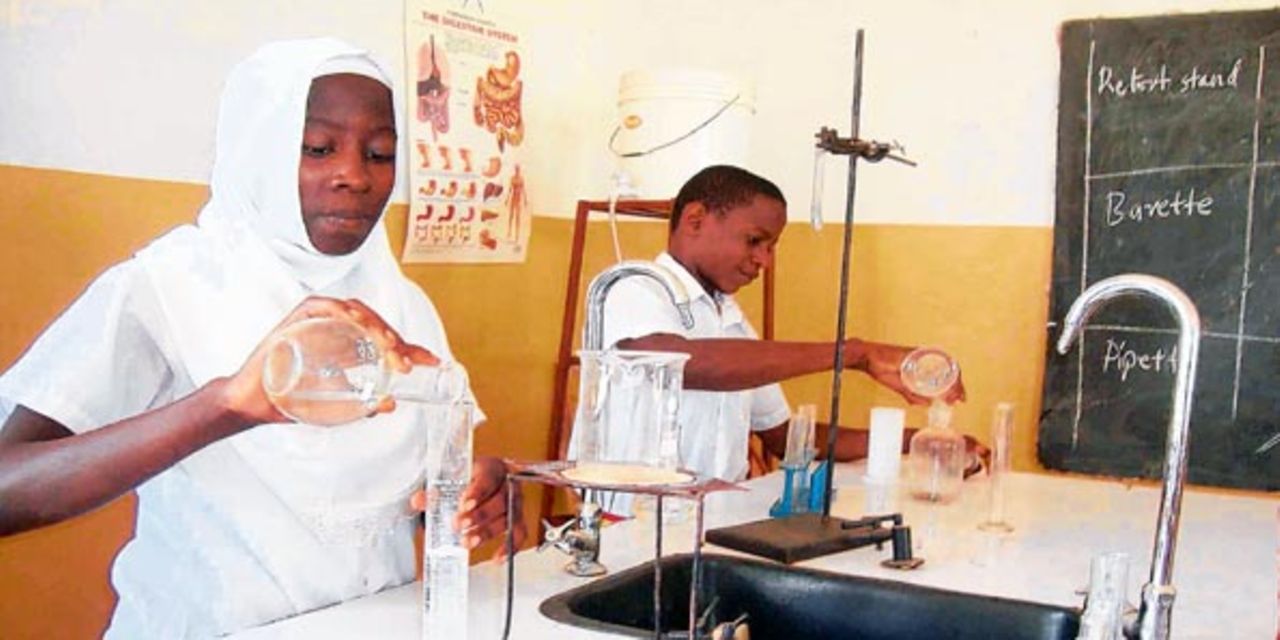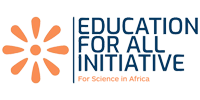What drives our passion.
Access to scientific equipment is essential for effective teaching and learning in science, technology, engineering, and mathematics (STEM) subjects. However, many schools in Africa face significant challenges in accessing adequate scientific equipment to support their curricula. This literature review aims to examine the impact of the lack of scientific equipment on teaching and learning outcomes in African schools. According to the UNESCO Institute for Statistics, many schools in Africa lack basic infrastructure and facilities, including scientific equipment. The lack of scientific equipment in African schools is a significant obstacle to providing quality education and has a severe impact on teaching and learning outcomes.
Who will our program benefit?
 Donating used electronics and laboratory equipment to schools in Africa not only
diminishes UK e-waste but also carries substantial environmental benefits.
Donating used electronics and laboratory equipment to schools in Africa not only
diminishes UK e-waste but also carries substantial environmental benefits.
This practice can potentially cut down greenhouse gas emissions in the UK by an estimated 1.5 million tonnes of CO2 equivalent per year.
 The lack of scientific equipment in African schools affects teaching by limiting
the range of teaching methods available to educators. Teachers may resort to
traditional lecture-based teaching, which is less effective in promoting active
learning and student engagement.
The lack of scientific equipment in African schools affects teaching by limiting
the range of teaching methods available to educators. Teachers may resort to
traditional lecture-based teaching, which is less effective in promoting active
learning and student engagement. Additionally, teachers may lack the training necessary to use scientific equipment effectively, limiting their ability to deliver high-quality STEM education.
 The lack of scientific equipment in African schools negatively impacts learning
outcomes by limiting students' exposure to practical and hands-on learning
experiences. Without access to scientific equipment, students may struggle to
understand scientific concepts and fail to develop the skills necessary to
pursue STEM careers.
The lack of scientific equipment in African schools negatively impacts learning
outcomes by limiting students' exposure to practical and hands-on learning
experiences. Without access to scientific equipment, students may struggle to
understand scientific concepts and fail to develop the skills necessary to
pursue STEM careers. The lack of scientific equipment can also limit the range of experiments and investigations that students can undertake, which limits their ability to develop critical thinking and problem-solving skills.
The lack of scientific equipment in African schools is a significant obstacle to providing quality STEM education. Without access to scientific equipment, teaching and learning outcomes are negatively impacted, limiting students' ability to develop the skills necessary to pursue STEM careers.
Addressing the lack of scientific equipment in African schools requires a concerted effort from policymakers, educators, and donors to ensure that all students have access to the tools they need to succeed. By investing in scientific equipment in African schools, we can promote equity in education and contribute to the development of the continent.
